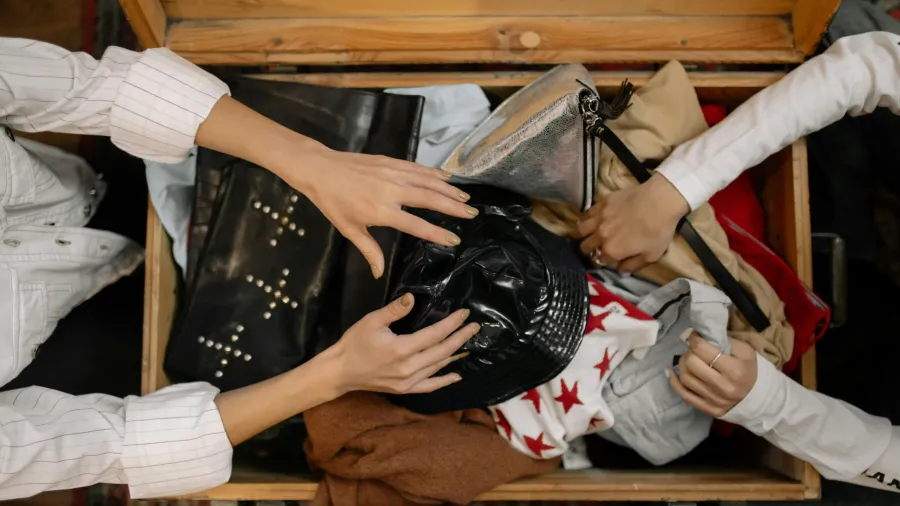
Around 1 in 4 consumers embrace secondhand trend for sustainability
Around 41% are choosing to repair broken items rather than splurging on new replacements.
Approximately 24% of global consumers are now actively purchasing secondhand products as part of their commitment to leading more sustainable lives, according to Euromonitor International’s Voice of the Consumer: Sustainability Survey 2023.
Additionally, 41% are choosing to repair broken items rather than splurging on new replacements.
The report noted that consumers are increasingly turning to secondhand purchases and item repairs as living costs continue to rise.
"Actions such as turning off heating, reducing food waste, opting for more fuel-efficient mobility options, reducing appliance use, preparing meals at home, repairing items and buying secondhand products are not only helping them to reduce costs and avoid unnecessary purchases but also allowing them to stay true to their values and adopt sustainable lifestyles," said Jorge Zuniga, senior sustainability insights consultant at Euromonitor International.
Over 40% of younger consumers engage in secondhand shopping every few months, while more than half of those aged between 15 and 44 plan to purchase a secondhand item in the future.
Moreover, repairing products holds more significance for older generations, many of whom have become increasingly environmentally conscious.
The report also indicated that 40% of consumers aged 45 to 60+ in 2023 (up from 28% in 2021) intend to purchase secondhand or previously owned products.
ALSO READ: Nearly 90% of consumers from emerging Asian markets want more sustainable lifestyle
Euromonitor International has identified 12 sustainable consumer types based on their values and attitudes. Leading these categories are 'Meat Avoiders' and 'Zero Wasters,' each accounting for 36% of the sustainable market. These consumers prioritise recycling, repairing items, and opting for secondhand products due to climate change concerns.
Regionally, Latin America, Europe, and the Asia Pacific dominated the recycling market, with recycling and repairing habits most prevalent in these areas.
Notably, the Philippines stood out with the highest percentage (56%) of 'Zero Wasters' in 2023, reflecting a population where 76% expressed concerns about climate change.

















 Advertise
Advertise






